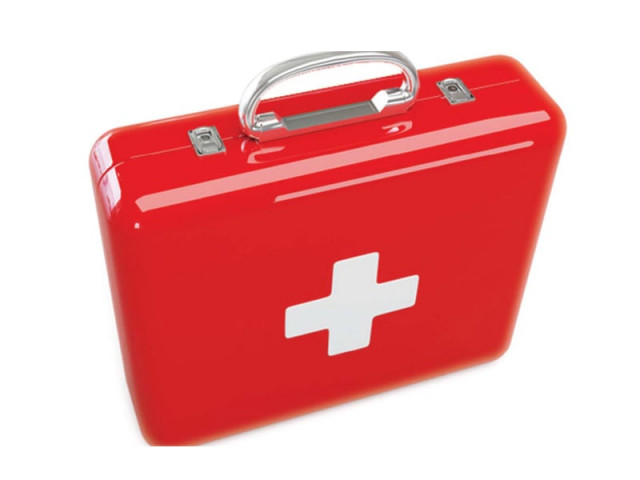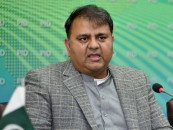Health policy: PPP failed ANP in Khyber-Pakhtunkhwa says Adeel
Post-election, some healthcare services will be provided on the basis of public-private partnerships.

The Awami National Party (ANP), on Tuesday, shared some highlights from its yet-to-be-finalised health policy for the upcoming elections, to improve health services in Khyber-Pakhtunkhwa (K-P) as part of a discussion series on political parties’ take on public health.
Speaking at a discussion with international public health organisations, ANP Senior Vice President Senator Haji Muhamamd Adeel said health and education are key areas in the party’s manifesto. “The health policy will be based on the lessons learnt by the party during the current tenure.” ANP failed to implement its health policy due to the stranglehold of the PPP government, he added.
ANP has decided to allocate 6% of the gross domestic product for health instead of 2.1% in K-P, Adeel said. Free-of-charge coronary care, delivery and emergency services will be available in all primary health units, while charges at other health facilities will be increased, he said.
How will people afford healthcare if the cost is increased? asked Dr Sania Nishtar, a public health expert. ANP Senator Ilyas Bilour said people will be provided safety nets and charges will be increased within an affordable range. After the election, some healthcare services will be provided on the basis of public-private partnerships, he added.
Replying to a question, Adeel said, “Polio cannot be eradicated from K-P until NATO forces pull out of Afghanistan and international funding for weapons to terrorists in the region is stopped.”

ANP MPA Jafar Shah said, Considering the increase in terrorism incidents, 2,200 doctors will be recruited for emergency wards, out of which 1,200 have already been hired.
While giving a presentation on governance and health, Dr Nabila Ali, informed participants that according to figures available from 2006-2007, maternal mortality rate in K-P is 276 per 100,000 which is higher than the national average, while neonatal mortality rate has increased from 44 to 53 per 100, 000 over the last decade.
Immunisation coverage is also low with existing BCG (vaccine against TB) coverage at 76% and polio at 84% in K-P. According to the national nutrition survey 2011, K-P has been declared the poorest and most food-deprived province with only 28% food-secure households.
Dr Sania Nishtar said poor governance was a major factor behind poor health infrastructure. She urged the government to ensure transparency and accountability in every sector.
The event was held at the Jinnah Institute, Islamabad.
Published in The Express Tribune, November 21st, 2012.



















COMMENTS
Comments are moderated and generally will be posted if they are on-topic and not abusive.
For more information, please see our Comments FAQ